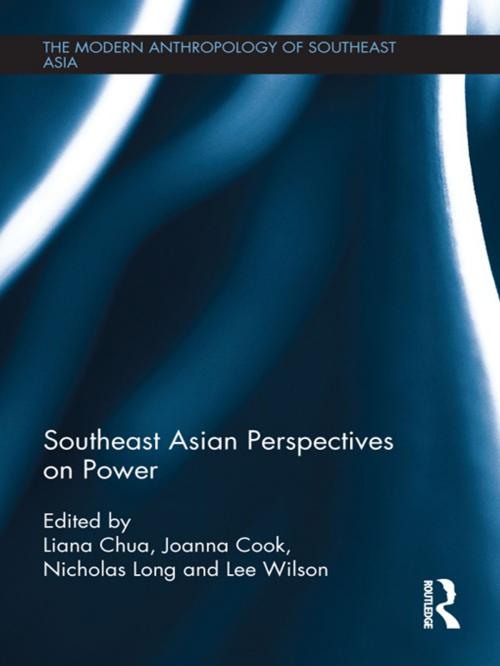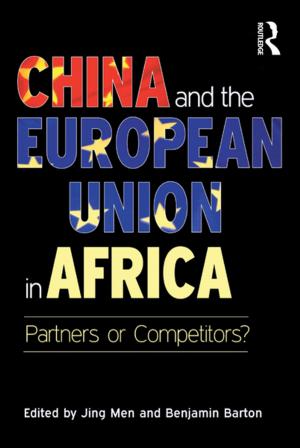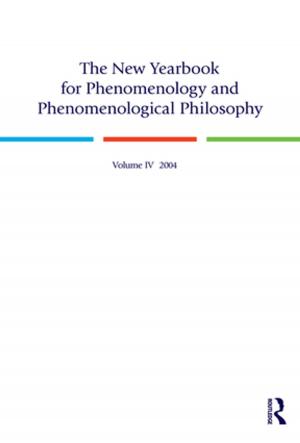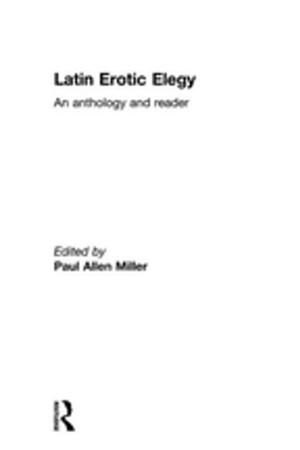Southeast Asian Perspectives on Power
Nonfiction, Social & Cultural Studies, Social Science, Cultural Studies, Ethnic Studies, Anthropology, Political Science| Author: | ISBN: | 9781136337178 | |
| Publisher: | Taylor and Francis | Publication: | May 4, 2012 |
| Imprint: | Routledge | Language: | English |
| Author: | |
| ISBN: | 9781136337178 |
| Publisher: | Taylor and Francis |
| Publication: | May 4, 2012 |
| Imprint: | Routledge |
| Language: | English |
Southeast Asia has undergone innumerable far-reaching changes and dramatic transformations over the last half-century. This book explores the concept of power in relation to these transformations, and examines its various social, cultural, religious, economic and political forms.
The book works from the ground up, portraying Southeast Asians’ own perspectives, conceptualizations and experiences of power through empirically rich case studies. Exploring concepts of power in diverse settings, from the stratagems of Indonesian politicians and the aspirations of marginal Lao bureaucrats, to mass ‘Prayer Power’ rallies in the Philippines, self-cultivation practices of Thai Buddhists and relations with the dead in Singapore, the book lays out a new framework for the analysis of power in Southeast Asia in which orientations towards or away from certain models, practices and configurations of power take centre stage in analysis. In doing so the book demonstrates how power cannot be pinned down to a single definition, but is woven into Southeast Asian lives in complex, subtle, and often surprising ways.
Integrating theoretical debates with empirical evidence drawn from the contributing authors’ own research, this book is of particular interest to scholars and students of Anthropology and Asian Studies.
Southeast Asia has undergone innumerable far-reaching changes and dramatic transformations over the last half-century. This book explores the concept of power in relation to these transformations, and examines its various social, cultural, religious, economic and political forms.
The book works from the ground up, portraying Southeast Asians’ own perspectives, conceptualizations and experiences of power through empirically rich case studies. Exploring concepts of power in diverse settings, from the stratagems of Indonesian politicians and the aspirations of marginal Lao bureaucrats, to mass ‘Prayer Power’ rallies in the Philippines, self-cultivation practices of Thai Buddhists and relations with the dead in Singapore, the book lays out a new framework for the analysis of power in Southeast Asia in which orientations towards or away from certain models, practices and configurations of power take centre stage in analysis. In doing so the book demonstrates how power cannot be pinned down to a single definition, but is woven into Southeast Asian lives in complex, subtle, and often surprising ways.
Integrating theoretical debates with empirical evidence drawn from the contributing authors’ own research, this book is of particular interest to scholars and students of Anthropology and Asian Studies.















